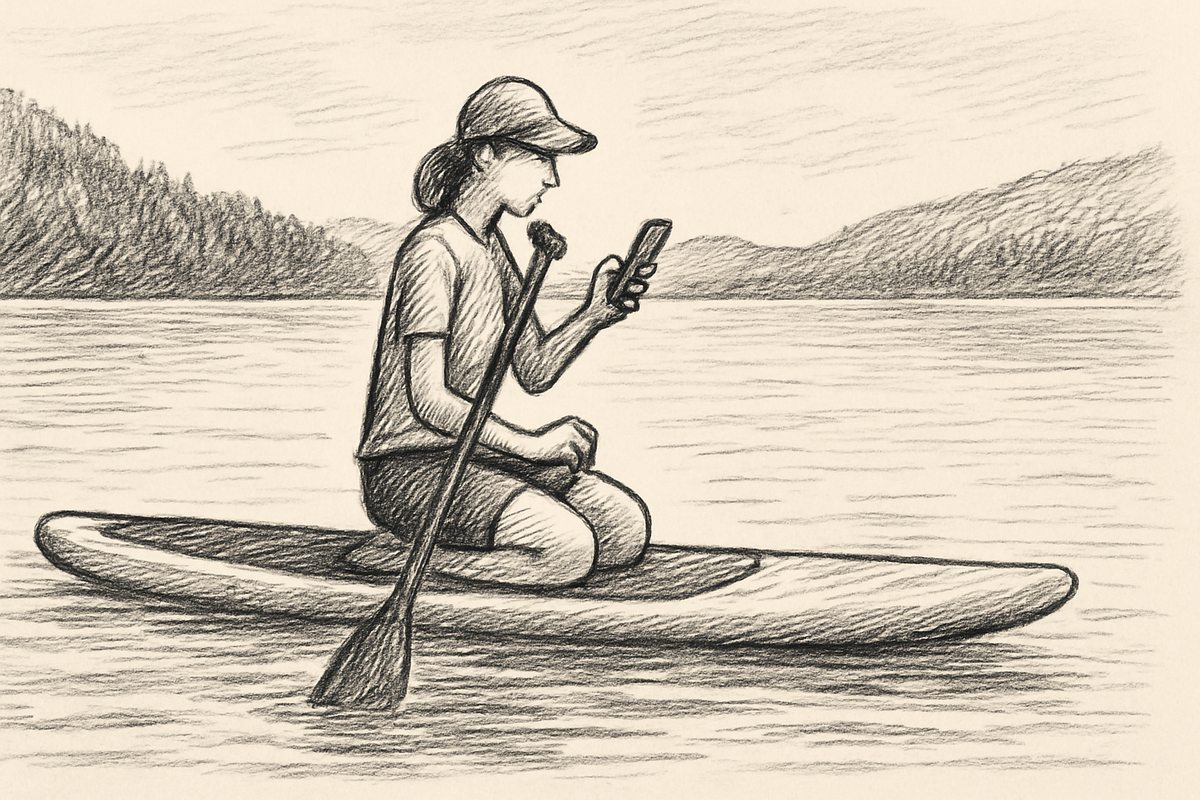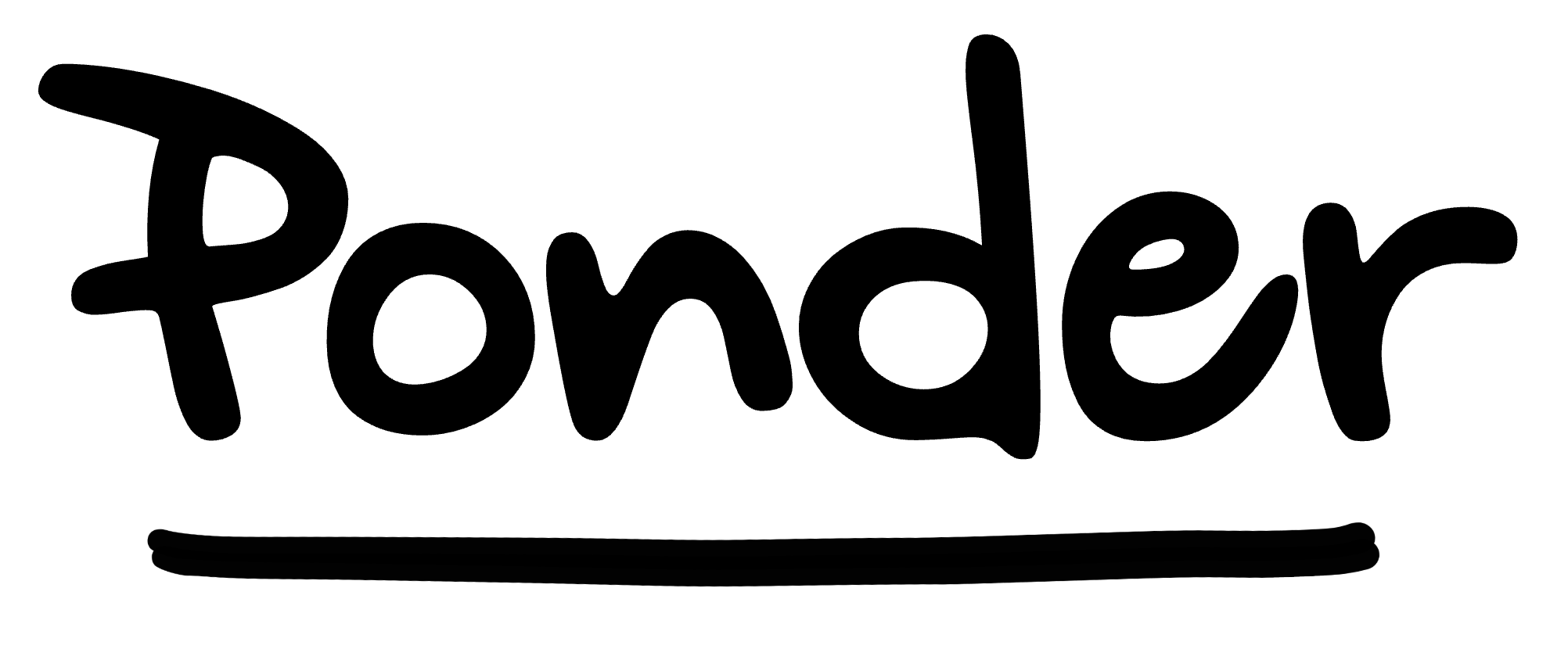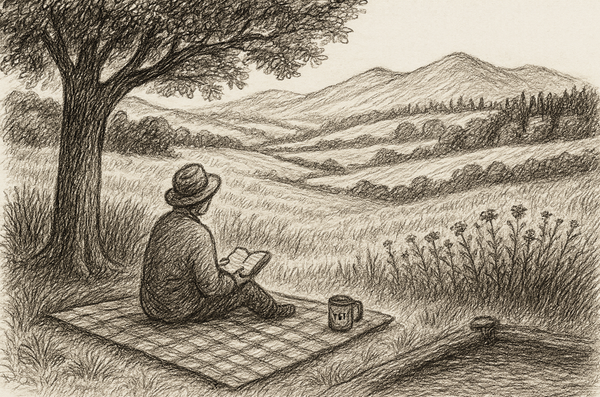How digital restriction apps are reshaping our relationship with devices

Our phones are the first thing we check in the morning and often the last thing we look at before bed. They are incredible tools, but they are also designed to keep us hooked. Notifications, red dots and endless scrolls are all engineered to capture attention. For many of us, it works a little too well. The result is fractured focus, tired eyes and the nagging feeling that we are never fully switched off.
It is no surprise that more people are searching for ways to take back control. Some are booking digital detox retreats in remote cabins. Others are trying to bring balance into their everyday lives. One solution is gaining momentum: digital restriction apps that help us step back from the very platforms designed to keep us online.
A story that feels familiar
A few weeks ago I spoke with a friend who runs his own business. He described how he was losing hours each day to his phone. He would open Instagram to “take a quick break” and suddenly twenty minutes had gone. Slack messages would ping late at night, breaking his focus even when he was with his family.
After burning out, he decided to try AppBlock. He set it to block social media and email after 8pm. The first evening felt strange, almost uncomfortable. By the third night, he said he felt calmer. He was reading again, sleeping better and, in his words, “getting my evenings back”.
It is only one story, but it reflects a bigger truth. Many of us feel the same pull, and many of us are starting to look for tools that help us resist it.
My own experiment with AppBlock
I started using AppBlock myself, setting up a geo-fence around my home. Certain apps are automatically restricted when I walk through the door. At first it was frustrating. I would find myself reaching for my phone out of habit, only to be reminded that access was blocked.
Over time something changed. The habitual checking that crept in whenever I was bored or sat still began to fade. My brain seemed to rewire itself. There was no dopamine hit waiting for me, so the urge gradually disappeared. Even when the apps are technically available, I find myself reaching for them less often. That shift has freed up more headspace for reading, being present with my family and simply doing nothing — something I had almost forgotten how to do.
The rise of restriction tools
Apps like AppBlock, Freedom and Forest are growing fast. Their purpose is simple: to create barriers between us and distraction.
- AppBlock allows you to block specific apps and notifications during chosen times. It can turn your phone back into a tool, not a temptation.
- Freedom takes this further, blocking websites and apps across laptops, tablets and phones. It makes it harder to justify “just five minutes” online during work.
- Forest gamifies focus. Stay off your phone and a virtual tree grows. Log back in too soon and the tree withers. It may sound simple, but millions of users swear by it.
These apps all start from the same point: willpower alone is often not enough. People want systems that make switching off easier.
What this says about us
The popularity of these tools tells us something important about modern life. People know they are exhausted by constant connectivity, and they are willing to pay to fix it. That is a big shift. Digital wellbeing is no longer a niche interest. It is becoming mainstream.
It also shows the tension we live with. Phones are essential to how we live and work, yet we know they are damaging our focus. Restriction apps do not ask us to give up technology. They offer a middle ground, helping us set healthier boundaries without losing the benefits.
Lessons for brands
The rise of restriction apps offers clear lessons for businesses and leaders.
- Absence has value. Consumers are beginning to see time offline as a luxury. Brands that respect attention will build trust.
- Keep it simple. The most successful tools are clean and easy to use. They make life easier, not harder.
- Reward good behaviour. Forest proves that small, playful rewards can keep people engaged with new habits.
- Wellbeing is no longer optional. People now expect companies to care about their mental and digital health. This is not optional anymore.
The bigger shift
Digital restriction apps are not the full story. They are part of a wider cultural change. People are rethinking how they spend their time and what matters most. For some, using these apps is just the first step. Trail running instead of scrolling. Reading outdoors instead of refreshing emails. Weekends in places like Unplugged cabins, where phones are locked away and attention is fully reclaimed.
These are not small lifestyle tweaks. They are signs of a bigger movement towards balance, simplicity and presence.
Why it matters
This shift matters because it is shaping the future of business. Consumers are already paying for silence, for slowness, for attention. That demand will only grow.
For entrepreneurs and organisations, the challenge is clear. How do you create products and services that respect attention, while still delivering value? How do you design experiences that help people slow down, rather than add to the noise?
The opportunity is just as clear. Companies that help people switch off will be the ones that stand out. They will not only sell products, they will create loyalty. Because they will be offering something rare: the gift of focus.
Final thought
Restriction apps are not perfect. They are not the answer for everyone. But they are a sign that we are ready to treat our attention as something worth protecting.
In a world that never stops, the companies that help us pause will be the ones that move us forward.






